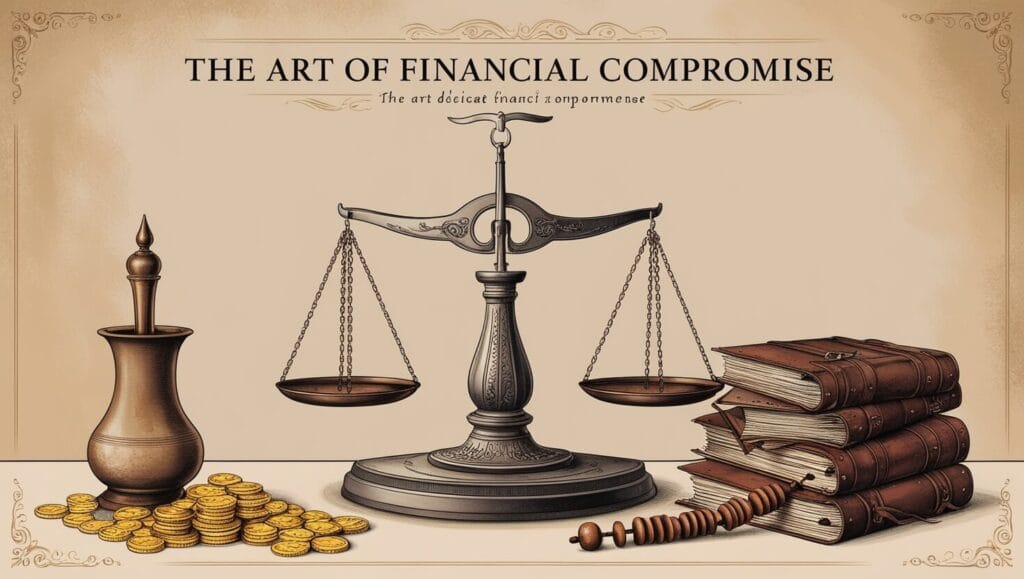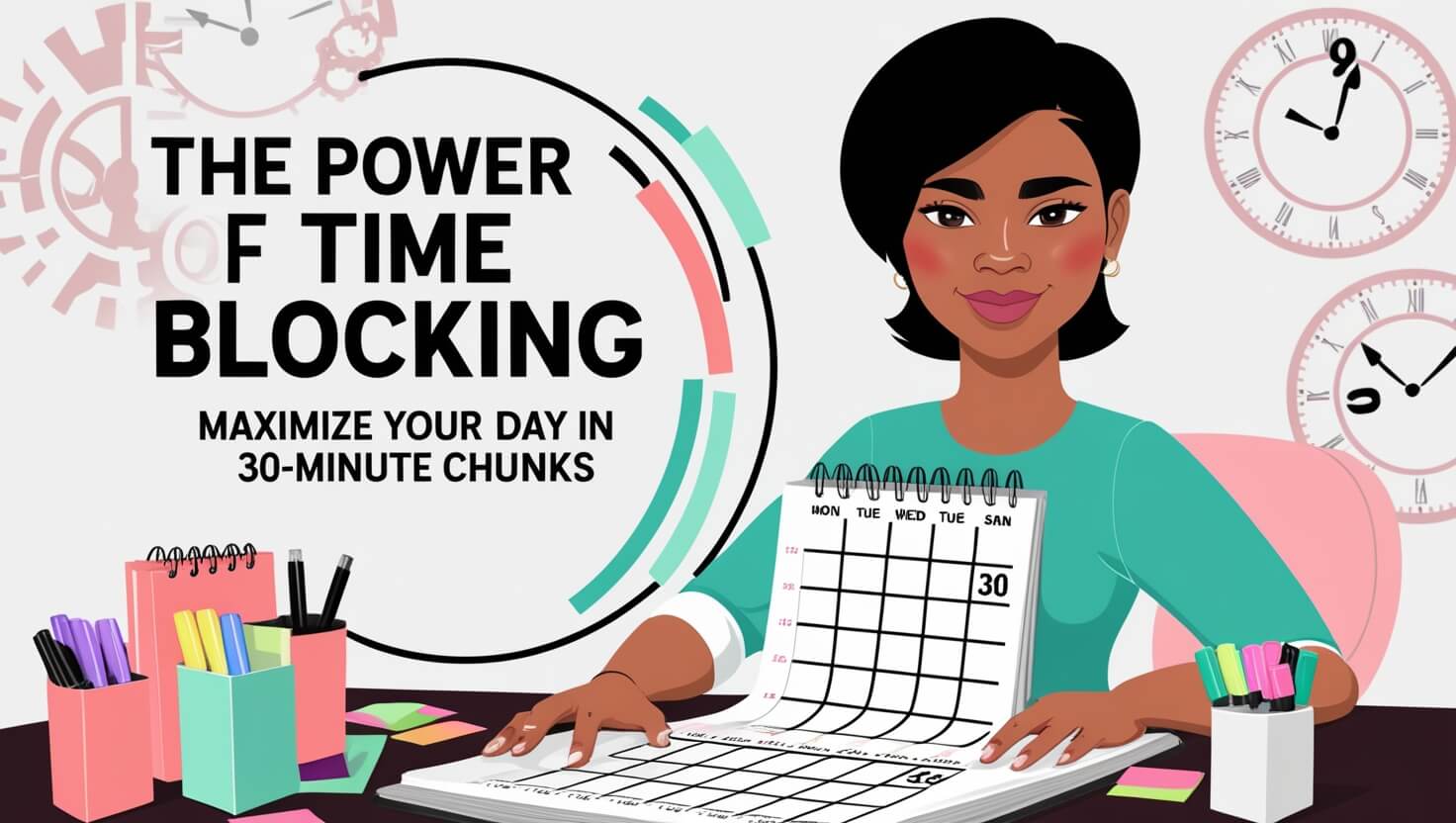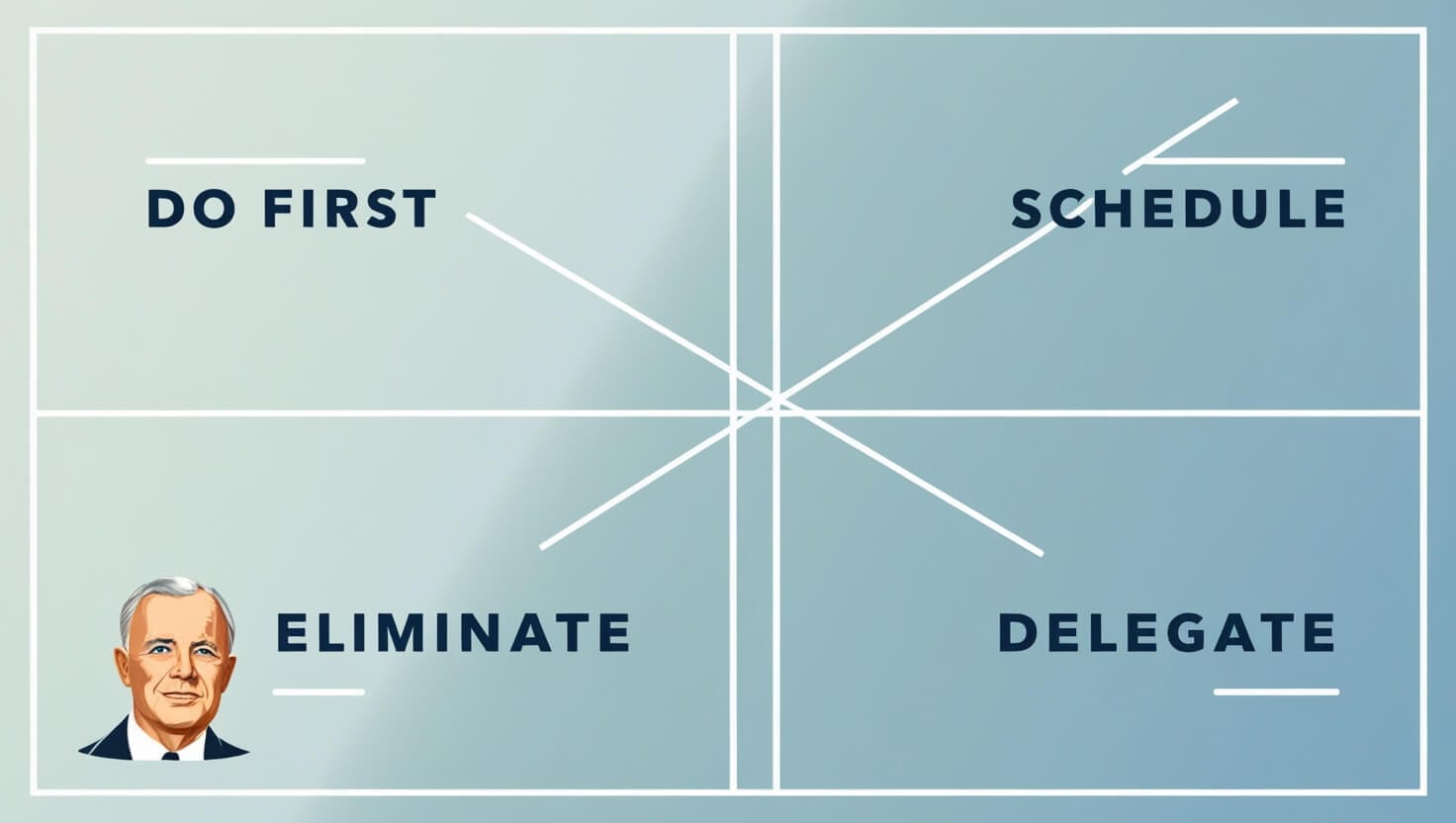
Let me share a story that changed how I approach having the money talk with your partner. Three years ago, a simple conversation about our grocery budget turned into a three-day silent treatment between my partner and me. That experience taught me that having the money talk with your partner isn’t just about numbers – it’s about emotions, values, and trust.
The Three-Phase Approach to Money Talks

After helping dozens of couples successfully have the money talk with your partner, I’ve developed a three-phase approach that works consistently:
Phase 1: Individual Preparation
Before having the money talk with your partner, each person should:
- Review their current financial situation
- Write down financial goals
- List financial concerns
- Identify potential triggers
- Prepare recent financial statements
Phase 2: The Initial Conversation
When you’re ready to have the money talk with your partner, start with:
- Sharing hopes and dreams
- Discussing financial values
- Revealing current financial status
- Expressing fears and concerns
- Setting joint goals
Phase 3: Creating an Action Plan
The most successful money talk with your partner should lead to concrete actions. Here’s how to structure your plan:
Short-Term Goals (3-6 months):
- Create a joint budget
- Set up emergency fund
- Share financial accounts access
- Schedule regular check-ins
- Address immediate concerns
Building Trust Through Transparency
The key to a successful money talk with your partner is maintaining complete honesty. Share details about:
- Current debts
- Credit scores
- Spending habits
- Savings accounts
- Financial obligations
Research shows that couples who regularly have the money talk with their partner are 50% less likely to divorce. Yet, most people would rather discuss almost anything else. Understanding why this conversation is crucial sets the foundation for success.
The Impact of Avoiding the Talk:
- Increased relationship tension
- Hidden financial decisions
- Growing resentment
- Misaligned goals
- Trust issues
Setting the Stage for Success
Before diving into having the money talk with your partner, create the right environment. Choose a time when you’re both:
- Free from distractions
- Well-rested
- Not stressed about other issues
- Have at least an hour free
- In a neutral location
My partner and I discovered that Sunday mornings work best for having the money talk with your partner. We’re relaxed, have plenty of time, and aren’t dealing with work stress.
Common Triggers to Watch For
When having the money talk with your partner, be aware of these common emotional triggers:
Past Financial Trauma: Many people bring financial baggage to relationships. During the money talk with your partner, listen for signs of:
- Previous financial betrayals
- Childhood money stress
- Past bankruptcy experiences
- Debt-related anxiety
- Investment losses
Creating Regular Money Date Nights

Make having the money talk with your partner a regular habit by scheduling monthly financial date nights. Here’s what works:
Monthly Check-in Structure:
- Review last month’s progress
- Discuss upcoming expenses
- Adjust budget as needed
- Celebrate financial wins
- Plan next month’s goals
Dealing with Financial Differences
Every money talk with your partner might reveal different approaches to finances. Common differences include:
Spending vs. Saving Styles:
- One partner saves compulsively
- Other partner spends freely
- Different risk tolerances
- Varying financial priorities
- Different money values
Tools for Productive Money Talks
Make your money talk with your partner more effective using these tools:
Digital Tools:
- Shared budgeting apps
- Joint account monitoring
- Goal tracking software
- Expense sharing apps
- Investment platforms
Creating Financial Intimacy

The ultimate goal of having the money talk with your partner is building financial intimacy. This means:
Developing Shared Values:
- Joint financial decision-making
- Mutual respect for choices
- Shared financial goals
- Open communication
- Regular check-ins
Moving Forward Together
After having the money talk with your partner, maintain momentum by:
Regular Check-ins:
- Weekly quick updates
- Monthly detailed reviews
- Quarterly goal assessment
- Annual financial planning
- Celebration of progress
Remember, having the money talk with your partner is an ongoing process, not a one-time event. Keep the conversation going by:
- Scheduling regular check-ins
- Maintaining open communication
- Celebrating financial wins together
- Addressing issues promptly
- Supporting each other’s goals
The success of your money talk with your partner depends on consistency and commitment from both parties.
Building Financial Trust Through Regular Communication

The most overlooked aspect of having the money talk with your partner is consistency. Many couples have one big financial discussion and think they’re done, but lasting financial harmony requires ongoing dialogue. Let me share how my partner and I transformed our approach to money conversations after that initial three-day silence.
We discovered that successful money talks happen in layers, not all at once. Instead of trying to address every financial concern in one marathon session, we now have shorter, focused conversations that build upon each other. This approach has dramatically reduced the emotional tension that often accompanies having the money talk with your partner.
Creating Your Financial Communication Calendar
One breakthrough moment came when we realized that different financial topics require different timing and approaches. Here’s how we structure our money talks throughout the month:
Weekly Quick Check-ins take just 15 minutes, usually over Sunday coffee. We review the upcoming week’s expenses and any immediate financial decisions needed. These brief talks prevent small issues from becoming major conflicts.
Monthly Deep Dives happen on the first Saturday of each month. During these more comprehensive sessions, we review our progress toward shared goals, discuss any challenges, and make adjustments to our financial plans. The key to making these sessions productive is preparing ahead of time – each partner reviews their spending and concerns before the conversation begins.
Handling Financial Surprises Together

Perhaps the most challenging aspect of having the money talk with your partner is discussing unexpected financial events. Whether it’s a surprise expense or an unexpected windfall, how you communicate about these situations can either strengthen or strain your relationship.
We learned this lesson the hard way when my partner received an unexpected bonus and made a large purchase without discussion. Now, we have a simple agreement: any expense over $300 requires a conversation first. This isn’t about permission – it’s about respect and shared decision-making.
Growing Together Financially
The most beautiful outcome of regular money talks with your partner is watching your financial intimacy grow. Just like emotional intimacy, financial intimacy develops through trust, understanding, and shared experiences. We’ve found that celebrating financial wins together, no matter how small, strengthens our bond and motivates us to continue our open dialogue about money.
Navigating Financial Disagreements
Even with regular money talks, disagreements will arise. The key is having a framework for handling these differences constructively. Remember that financial disagreements often mask deeper emotional needs or fears. When my partner and I disagree about money, we now ask ourselves and each other: “What’s really driving this concern?“
The Art of Financial Compromise

One of the most valuable lessons I’ve learned from having regular money talks with your partner is that financial compromise isn’t about meeting in the middle – it’s about finding creative solutions that honor both partners’ values and concerns. Let me share a personal example that transformed our approach to financial decision-making.
When we wanted to save for a house, I preferred an aggressive savings plan that would get us there quickly, while my partner wanted to maintain more lifestyle flexibility. Instead of arguing about percentages, we had an honest money talk about what each approach represented to us. Through this conversation, we discovered that my urgency came from housing insecurity in my childhood, while my partner’s desire for flexibility stemmed from watching their parents become house-poor.
Understanding these deeper motivations during our money talk with your partner led us to a creative solution: we set up automatic savings for a comfortable baseline amount, plus an additional “flex saving” account that we’d contribute to in months when we felt more financially secure.
Creating a Safe Space for Financial Vulnerability
The success of any money talk with your partner depends heavily on creating an environment where both people feel safe sharing their financial fears and dreams. We established what we call our “Financial Safe Zone” – specific guidelines that make our money conversations more productive:
No judgment about past financial decisions
Focus on solutions rather than blame
Express concerns without accusation
Listen fully before responding
Acknowledge emotions before discussing numbers
This framework has transformed how we approach having the money talk with your partner, making it something we look forward to rather than dread.
Long-term Financial Planning Together

The most successful couples don’t just talk about current finances – they regularly discuss their long-term financial vision. During our monthly money talk with your partner, we dedicate time to reviewing and adjusting our long-term goals. This forward-looking approach helps prevent day-to-day financial decisions from derailing our bigger dreams.
We’ve found that visualizing our shared financial future makes current sacrifices easier to accept. For example, when discussing retirement savings, we don’t just talk about numbers – we share our visions of what retirement looks like. This makes the money talk with your partner more engaging and meaningful.
Maintaining Financial Independence Within Partnership
One crucial aspect of having the money talk with your partner is discussing how to maintain individual financial autonomy while building a shared financial life. We’ve found that having separate “fun money” accounts, where each partner can spend without consultation, actually makes our joint financial decisions easier and more harmonious.
Remember, the goal of having regular money talks with your partner isn’t to control each other’s spending – it’s to create a shared understanding and work toward common goals while respecting individual needs and values.
Technology’s Role in Modern Money Talks

The landscape of having a money talk with your partner has evolved significantly with technology. While face-to-face conversations remain crucial, digital tools can enhance transparency and facilitate ongoing financial discussions. Our breakthrough came when we started using shared financial apps to supplement our regular money talks.
For instance, we use a shared budgeting app that gives us both real-time visibility into our spending and savings. This transparency has actually reduced the need for certain difficult conversations during our money talk with your partner, as we’re both always aware of our financial situation. However, we’re careful not to let technology replace actual conversations – it simply provides talking points and data for more informed discussions.
Navigating Cultural Differences in Money Talks
Cultural backgrounds significantly influence how we approach having the money talk with your partner. In our relationship, I came from a family that openly discussed finances, while my partner grew up in a culture where money discussions were considered private, even within families.
Through patient understanding and open communication, we developed a hybrid approach that respects both perspectives. We schedule our money talk with your partner at regular intervals but remain flexible about the depth and scope of each conversation, allowing either partner to set boundaries when needed.
Life Changes and Financial Conversations
Major life changes require special attention when having the money talk with your partner. Whether it’s career changes, starting a family, or facing health challenges, these transitions demand thoughtful financial discussions. We’ve learned to approach these conversations with extra care and preparation.
Our approach to significant life changes involves three dedicated sessions:
- Initial discussion of the change and its financial implications
- Detailed planning session with numbers and scenarios
- Follow-up review to adjust plans as needed
Building Financial Resilience Together
Perhaps the most valuable outcome of regular money talks with your partner is building financial resilience as a couple. Through consistent communication, you create a strong foundation that can weather financial challenges together.
We discovered this strength during the pandemic when both our incomes were affected. Because we had established a pattern of open financial communication, we were able to quickly adapt our budget and support each other through the uncertainty.
The Evolution of Your Financial Relationship

Remember that having the money talk with your partner is an evolving process. As your relationship grows and circumstances change, your financial conversations will need to adapt. The key is maintaining open lines of communication and staying committed to financial transparency.
Start your journey toward better financial communication today. Schedule your first dedicated money talk with your partner, and remember that every step toward financial openness strengthens your relationship foundation.
Practical Conversation Starters
Starting the money talk with your partner can feel daunting, so I’ll share some conversation starters that have worked well for us and many other couples. The key is beginning with positive, forward-looking questions rather than diving straight into problems or concerns.
“What’s your earliest memory about money?” This question often reveals underlying attitudes and beliefs that influence current financial behaviors. When my partner shared their memory of watching their parents celebrate paying off their mortgage, it helped me understand their conservative approach to debt.
“If money wasn’t a concern, what would our ideal life look like?” This question frames the money talk with your partner in terms of shared dreams rather than current limitations. It helps identify common goals and values that can guide your financial planning.
Final Steps for Success
After years of helping couples navigate these conversations and improving my own relationship through regular money talks, here are the key takeaways for success:
Start Small: Don’t try to solve every financial issue in one conversation. Begin with sharing hopes and dreams, then gradually work toward more challenging topics.
Stay Regular: Make having the money talk with your partner a consistent habit. Whether weekly, bi-weekly, or monthly, regular check-ins prevent small issues from becoming major problems.
Celebrate Progress: Acknowledge and celebrate financial wins together, no matter how small. This positive reinforcement makes future money talks more appealing.
Your Next Steps

The journey to financial harmony begins with a single conversation. Schedule your first dedicated money talk with your partner this week. Remember, the goal isn’t perfection – it’s progress toward better financial communication and understanding.
Start with these simple steps:
- Choose a relaxed time for your first conversation
- Share your hopes for your financial future together
- Listen more than you speak
- Focus on understanding rather than solving
- End with one small action step you both agree on
Most importantly, remember that having the money talk with your partner is an ongoing journey, not a destination. Each conversation builds upon the last, creating a stronger foundation for your financial future together.
Your relationship with money affects your relationship with each other. By committing to open, honest financial communication, you’re investing in both your financial and emotional well-being as a couple.
Take that first step today. Your future selves will thank you for having the courage to start this important conversation.
This article was written by a human writer using AI automation tools to segregate content, improve syntax and spelling, and present the article in a readable and understandable way.


